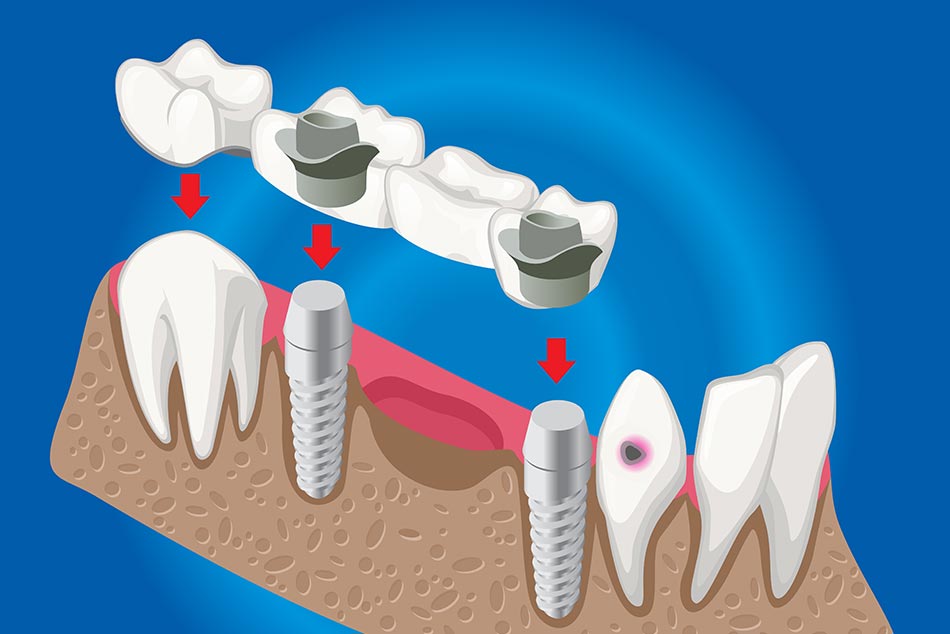
Take antibiotics or other medications only as directed. To reduce any discomfort or swelling, rinse your mouth three times a day with warm salt water. Use about 1 teaspoon of salt per glass of warm water. It’s normal for your gums to be sore for several days.
Call our office/clinic, if your bite feels uneven, you have persistent sensitivity or discomfort, or if you have any questions or concerns. Call us if your temporary bridge comes off. Save the temporary so we can recement it. It’s very important for the proper fit of your final bridge that your temporary stay in place.
To keep your mouth comfortable after having a filling, and to ensure that your filling sets properly, follow the tips below.
Congratulations on your new smile! It’s important that you remember it will take some time to adjust to the feel
of your new bite. Here are some steps you can take to make that adjustment comfortable for you, and to ensure
the success of your new smile:
Any questions, concerns, or problems? Please contact us as soon as possible!